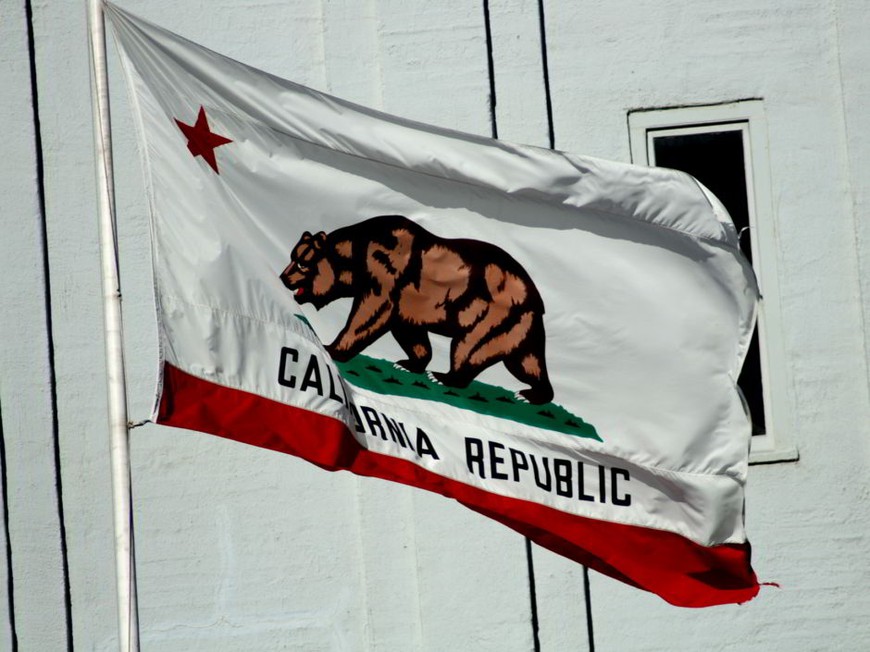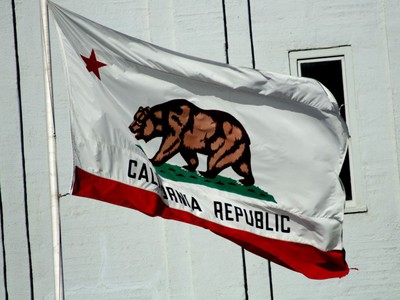

The Internet Poker Consumer Protection Act of 2015, introduced on Thursday by Assemblyman Reginald Jones-Sawyer, provides a vastly different path to regulating online poker than the first bill introduced in this legislative session by Assemblyman Mike Gatto, ironically also called The Internet Poker Consumer Protection Act of 2015.
Jones Sawyer’s bill, AB 167, takes an opposing position to Gatto’s bill (AB 9) on the two most hotly debated topics believed to be the largest obstacles to date preventing the passage of a California online poker bill.
No Bad Actor Clause
Unlike AB 9 which excludes participation in the California online poker market by those companies, individuals or assets that were used to offer wagers within the US after December 31, 2006 with a few rare exceptions, AB 167 does not include such rigid stipulations for suitability in the proposed legislation.
And while AB 9 provided possibilities that Amaya would be able to provide online poker services through the PokerStars and Full Tilt Poker brands, AB 167 contains no legislative barriers that would prevent Amaya from offering its newly acquired assets to licensed operators in California.
“We applaud Assembly Member Jones-Sawyer for his thoughtful approach to iPoker legislation in California which takes into account many years of input from stakeholders on all sides, including the California Department of Justice,” remarked the coalition that supports PokerStars in a press release issued Friday.
“In place of previous attempts to use the legislative process to provide competitive advantages to a few operators, Assembly Member Jones-Sawyer’s bill brings parties with diverse interests together to move legislation forward.”
Mark Macarro, Tribal Chairman of the Pechanga Tribe which is part of the coalition that favors the inclusion of a bad actor clause, expressed his dismay in a statement on Pechanga.net.
“We are disappointed that the bill disregards important principles from a broad coalition of respected tribes and card rooms that help prevent corporations and entities that previously violated federal law from profiting from tainted software, brands, and databases derived from illegal activity,” he stated.
The inclusion of a bad actor clause in proposed legislation has arguably been the most divisive issue preventing California from adopting online poker. Two opposing coalitions have been lobbying lawmakers and the general public in an effort to promote their own interests. The omission of a clause in AB 167 that would exclude PokerStars represents a balancing of the representation of gaming interests in the state.
“It’s time to move on, and move forward. We are pleased to see that Assembly Member Jones-Sawyer recognizes this,” the PokerStars led coalition remarked. “We applaud his efforts to shift the discussion in a new and hopefully more fruitful direction.”
Horse Racing Tracks Included
AB 167 would also allow for the inclusion of the state horse racing industry in the yet to be formed online poker market. Historically, gaming interests in the state have been opposed to dividing the online poker pie further by including the horse racing industry.
“Tribes have been steadfast in the principle that online poker be consistent with California’s longstanding public policy of limited gaming, and that means keeping it to just tribes and card rooms.,” according to Macarro. “California voters have always had the final say on gaming expansion and they have already rejected expansion of gaming for horse racing.”
The horse racing industry also has a strong lobbying presence in California and its opposition to previously proposed legislation that excluded its participation in online poker is believed to have contributed to the stalemate that has existed over this topic for years.
Player Penalties
Under the new bill, playing on igaming sites (including online poker sites) that are not authorized under the bill would constitute a felony punishable by imprisonment.
There is also no prohibition of interstate agreements for the purpose of combining player pools. In the past, some California legislators have been opposed to sharing player liquidity with other states, claiming that California was big enough on its own to sustain a healthy online poker ecology. Perhaps the struggles of ring-fenced regulated markets around the globe have opened the eyes of some in the Golden State.

